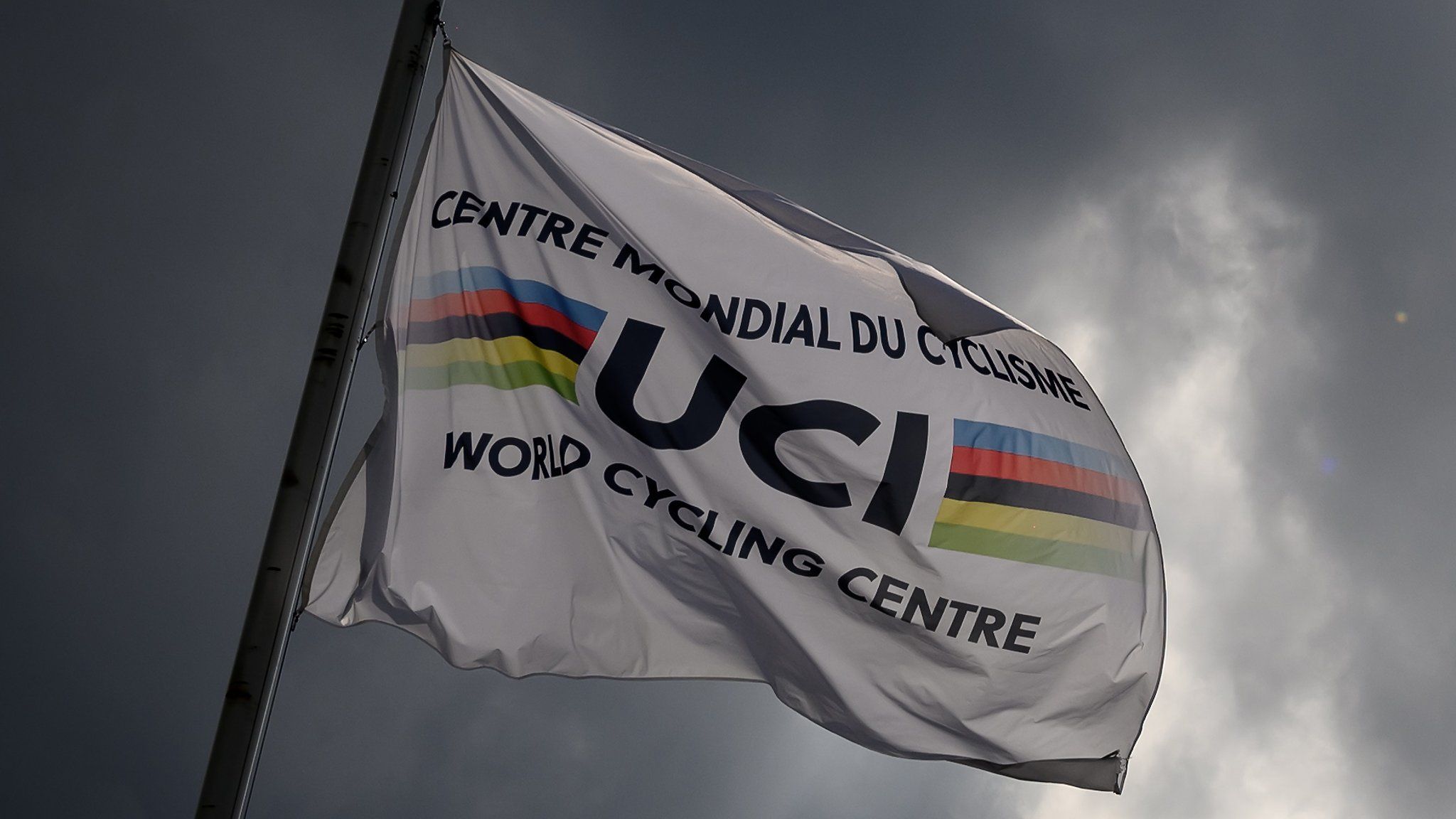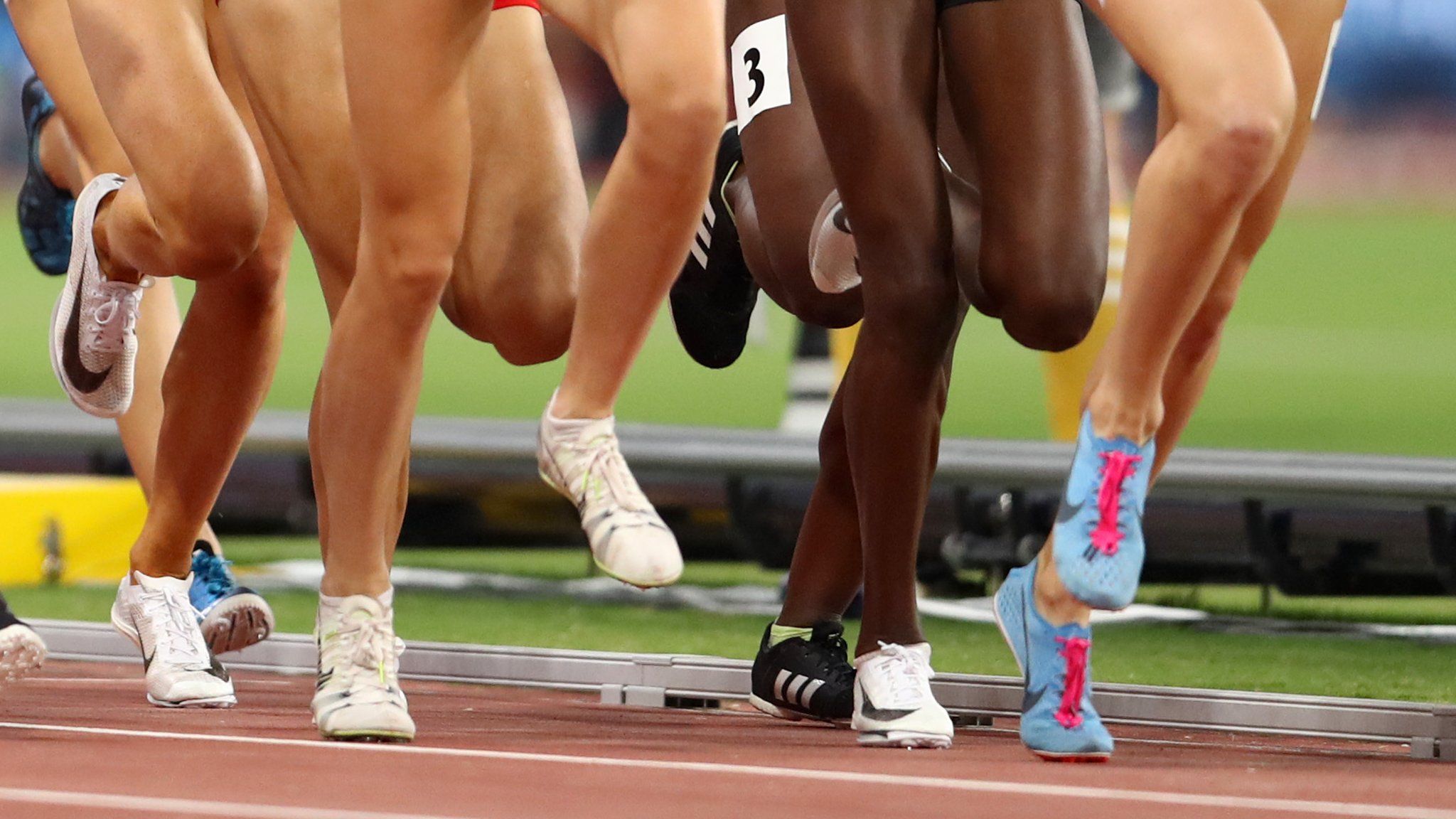
A top amateur cyclist says his sport is less inclusive and welcoming than ever after it banned transgender women from competing in the female category.
Josh Jones, 31, from Cambridge, believes British Cycling’s new rules “fail the cycling community”.
From next year, these athletes will compete in an “open” category with men.
British Cycling said it aimed to “promote equality, diversity and inclusion, whilst prioritising fairness”.
Jones, who has been competing for 12 years, has 44 wins across all disciplines and is currently 13th in the British Cycling National Rankings.
He believes he is the first and only openly gay rider to hold a world ranking in any cycling discipline, but recent moves within the sport have left him dismayed.

“The three main governing bodies – British Cycling, the Union Cycliste Internationale (UCI) and Cycling Time Trials – have all introduced new policies that prevent transgender people from participating in the sport authentically,” he said.
In July, the UCI – world cycling’s governing body – said anyone who had transitioned after male puberty could compete in a “men/open” category but not in women’s events.
Cycling Time Trials said it was “convinced that after undergoing male puberty, a rider will retain strength, stamina and physique which will give them a permanent advantage over someone who has not”.
But Jones said: “An open category is essentially just a different label being used for the men’s category. It does not respect people’s identity. It denies that transgender women are women.”
He believes the governing bodies should consider the “social impact of excluding transgender woman from competing authentically”.
The changes will prevent riders such as Emily Bridges, the country’s highest-profile transgender cyclist, potentially being part of the British women’s team.
On social media, she called the move a “violent act” by a “failed organisation”.
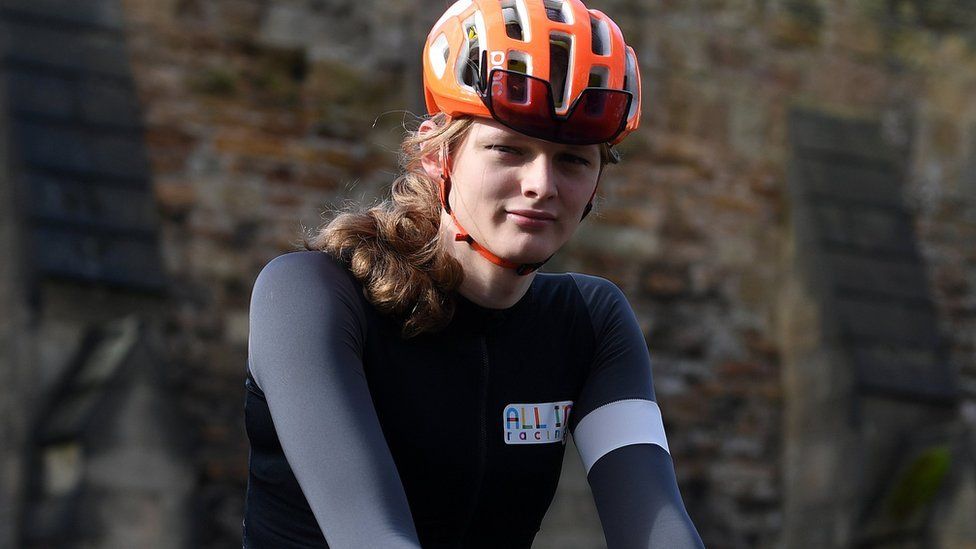
Jones, who defends his Eastern Regional Cyclo-Cross title in Cambridge next month, said: “It’s not how anyone in this situation would like to be treated, especially when you consider that current medical science does not provide a convincing argument that transgender women do retain an advantage.”
He rides for ALL IN racing, an initiative promoting increased visibility and inclusion for LGBT+ riders, which he launched in 2021.
“Two of the best cyclists in the country, the Yates brothers [Adam and Simon], ride for professional teams that are sponsored by the United Arab Emirates and Saudi Arabia where homosexuality is prohibited,” he said.
“Given the regulation change, excluding some of my friends, teammates and other LGBT+ community members, it’s hard not to feel an increased emotional dissociation when watching or taking part in races. It’s made me feel more guarded than ever before.”
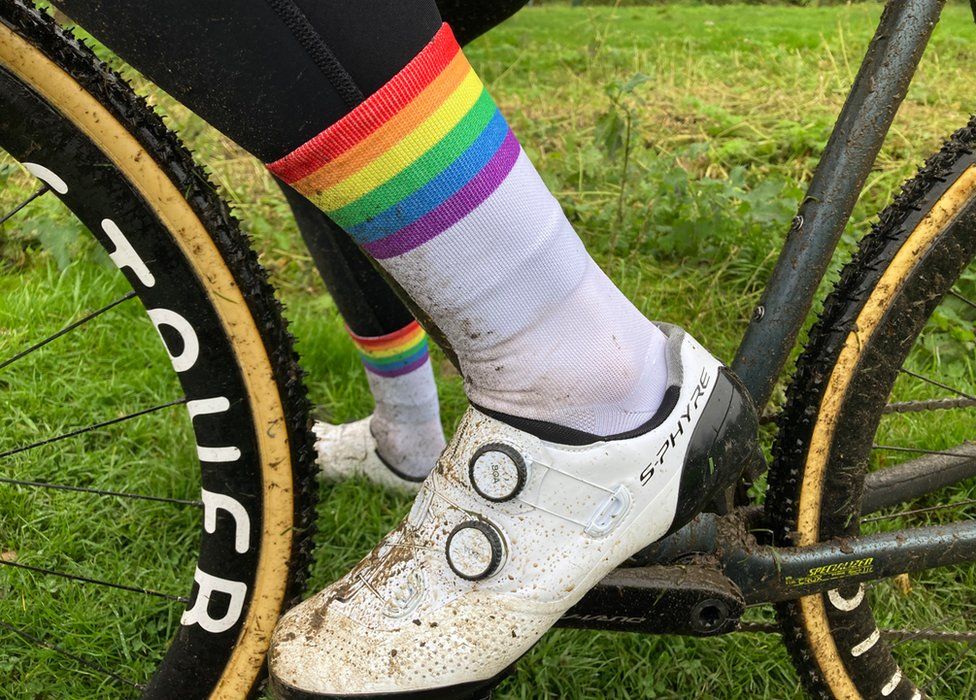
Jones is likely to step back from racing next year, as fighting for inclusion for his friends, teammates and other LGBT+ community members has become more important to him.
He is urging the the cycling authorities, in particular British Cycling, to provide further clarity on how and when it will review this policy and hopes to engage with them.
Faye McGinty, of the Women’s Rights Network, said: “For many years women have been frustrated that men who identify either as non-binary or as women are taking medals, places on podiums and even prize money in women’s cycling so we welcome the UCI decision.
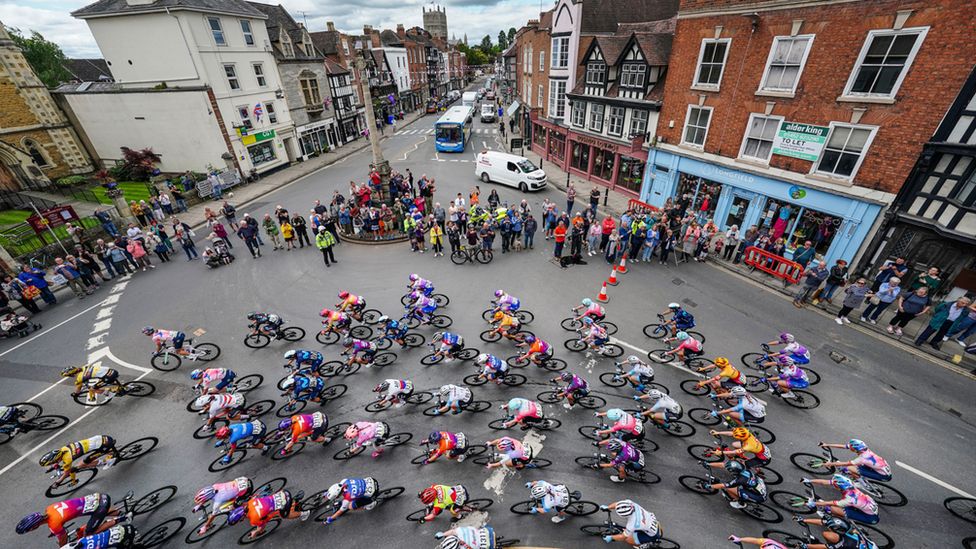
‘It’s important to point out that this does not mean these athletes are banned from cycling. They can still compete in the men’s and even the open categories, but the women’s event must be protected for the sport to remain fair and safe.”
British Cycling conducted a nine-month review and consultation before introducing the new rules.
“We understand that this will be particularly difficult for many of our trans and non-binary riders. We will continue to assess our policy annually and more frequently as the medical sciences develops,” said CEO Jon Dutton.
He also reassured non-competitive riders that cycling remains “a positive and welcoming environment”.
The UCI said that, due to “remaining scientific uncertainties” around hormone therapy, the rule changes were necessary “as a precautionary measure to protect the female class and ensure equal opportunities”.

Follow East of England news on Facebook, Instagram and X. Got a story? Email eastofenglandnews@bbc.co.uk or WhatsApp 0800 169 1830
Related Topics
-
-
21 November
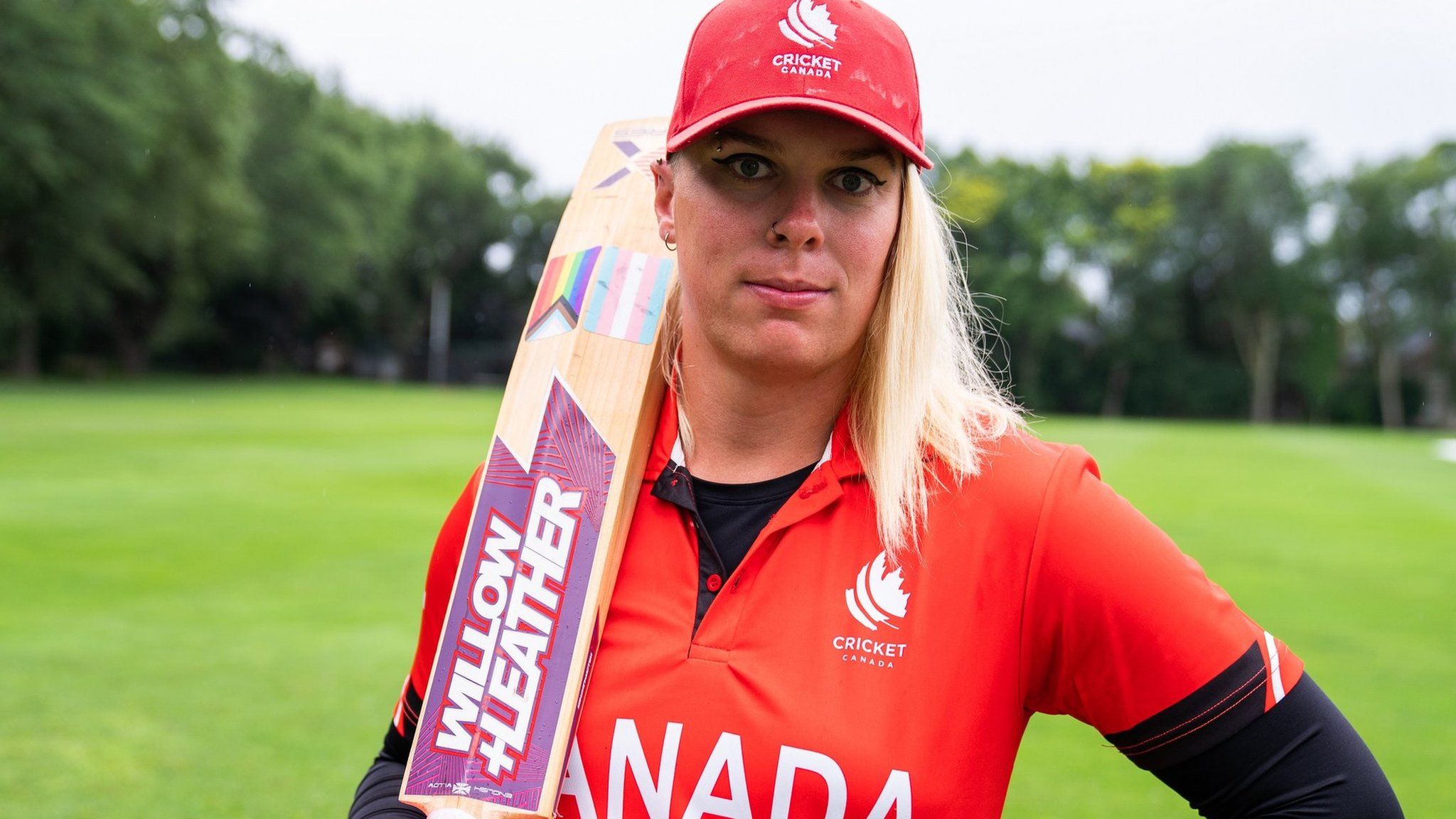
-

